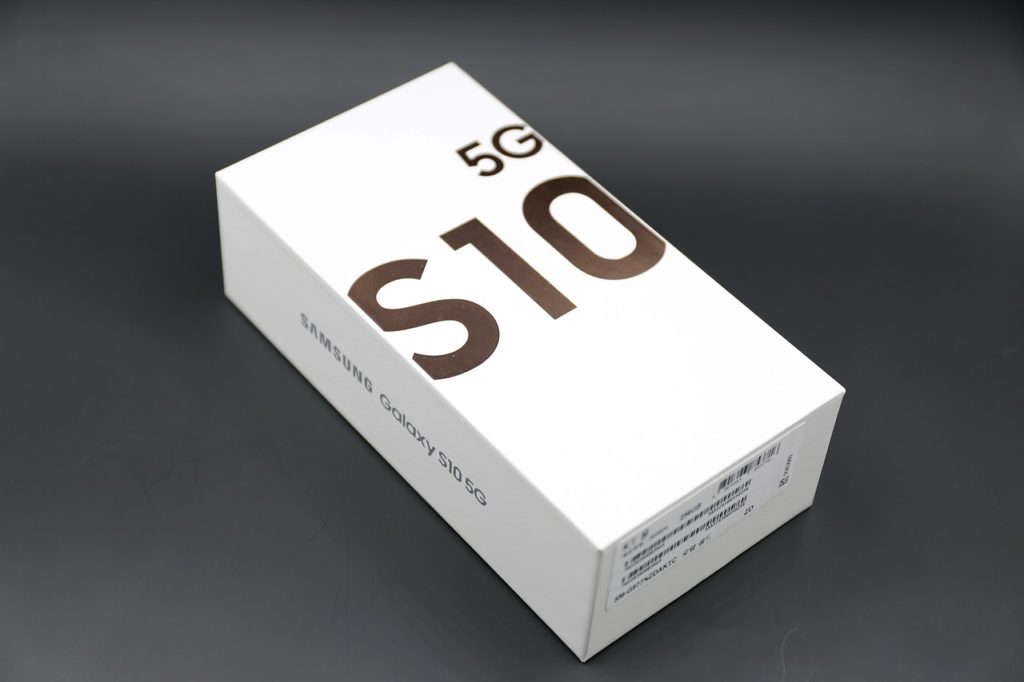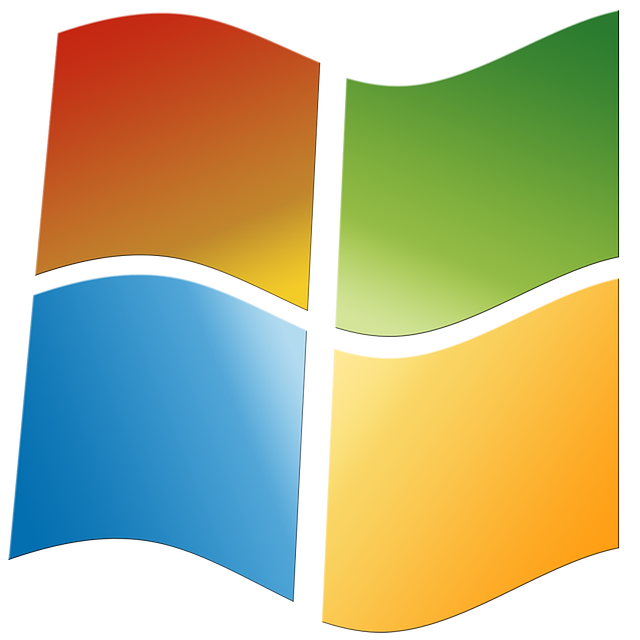
In the past several years, storage media has come a long way.
For nearly 25 years, there was one option for internal storage on your PC. While the sizes, connectors and spin speeds varied, all internal storage was done on a hard disk drive (HDD). Over the last 10 years, however, there has been a quiet revolution. Enter the SSD, or solid state drive. These days, new computers can come with either type of storage, or sometimes both. What are the differences, and which is best for you?
What is a hard drive?
An HDD or hard disk drive is a fairly old type of technology. It consists of a spinning disc and several heads to read it. It stays inside your computer and holds all of your files and programs. These days, you can get a hard drive in a wide range of sizes, though most consumer models are between 1 and 4 TB or terabytes. That’s a vast amount of room, which will be major overkill for most home users.
What is a solid state drive?
A solid state drive, or SSD is also a type of computer storage. However, an SSD has no moving parts. It’s made up of many interconnected tiny silicon chips, and as such can access the data much faster. While much more expensive for the storage capacity at this point, the SSD has many advantages, especially in the area of speed.
So which is best for you?
Which you need, or indeed whether to have both, is a question we get from a lot of clients. This explanation should remove some of the mystery.
While a traditional HDD must spin up and rotate to access the data stored upon it, an SSD has no such need. The speed is limited more by the type of connection it has to your processor than the time it takes to read your data. Because of its speed, an SSD is a very good drive to have your operating system or other frequently used programs on.
What would Cherry Tree Technology recommend?
Here at Cherry Tree Technology, we recommend an SSD for most clients. Most users never need the extra space granted by a standard HDD or a dual drive system. If you’re a gamer, photographer, engineer, or have a large collection of media, a dual drive system may make sense. If you still have questions, please contact us. We’d be happy to help you ensure your computer storage media is working for you, not against you.




